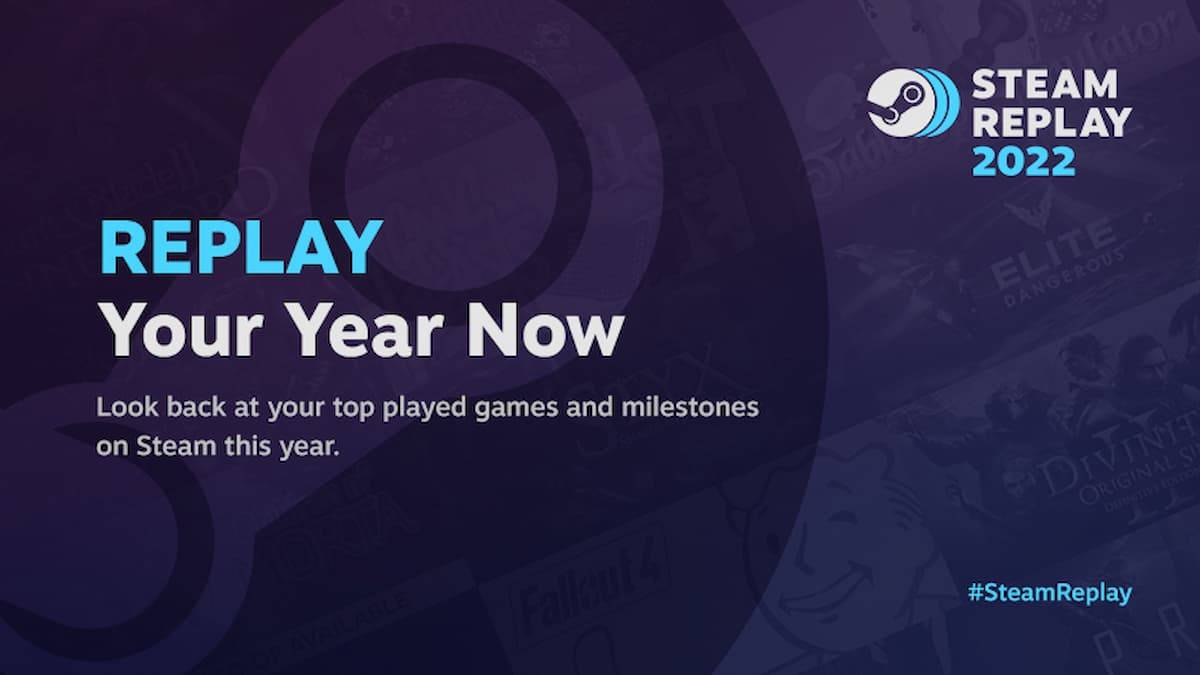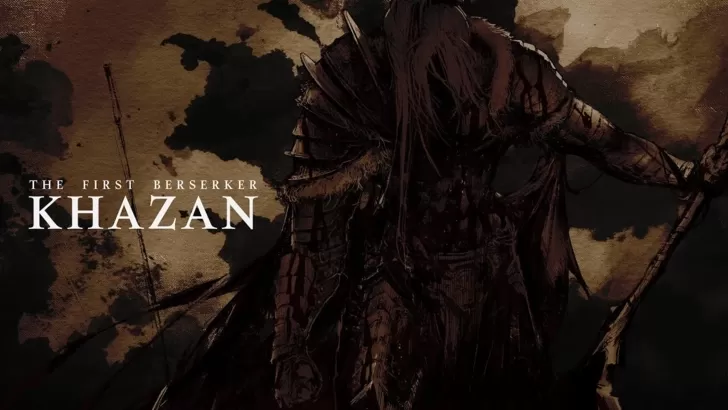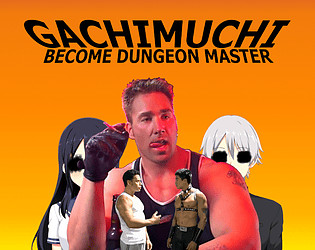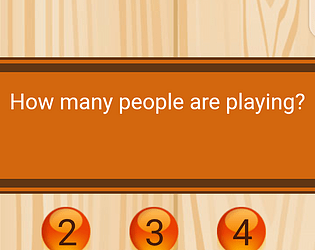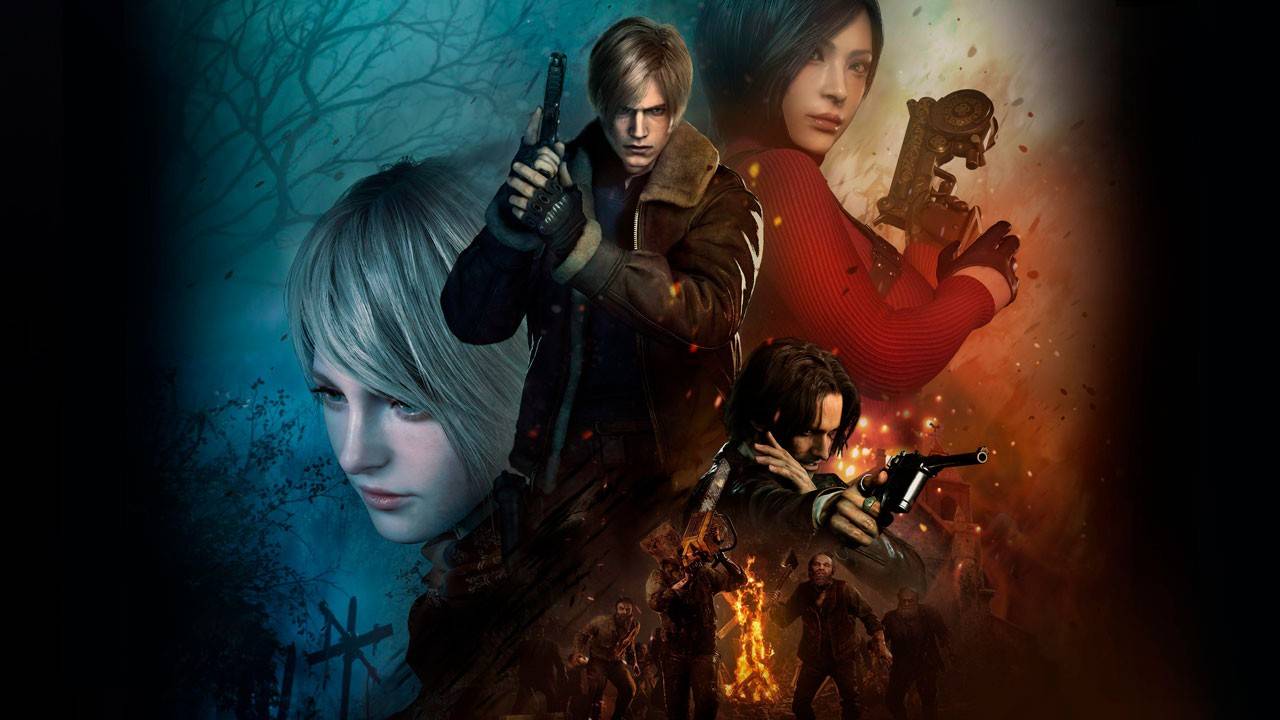
Yasuhiro Anpo, the director behind the acclaimed remakes of Resident Evil 2 and Resident Evil 4, shared insights into the decision-making process that led to the revival of these iconic titles. Anpo noted that the idea to update Resident Evil 2 stemmed from recognizing a strong fan desire to see the 1998 classic restored to its former glory. As Anpo recounted, "We realized: people really want this to happen." This realization prompted producer Hirabayashi to decisively state, "Alright, we'll do it."
Initially, the development team contemplated beginning with Resident Evil 4. Yet, after thorough discussions, they recognized that the 2005 game was already highly acclaimed and nearly perfect in its original form. Any alterations could have posed significant risks. Consequently, the focus shifted to the earlier installment, which was in greater need of modernization. To align their efforts with fan expectations, the developers delved into fan projects for inspiration and insight.
Despite Capcom's internal deliberations, the fanbase also voiced concerns, particularly regarding Resident Evil 4. Many argued that, unlike its predecessors, RE4 did not require as significant an update, given its revolutionary impact on the genre upon its release.
Resident Evil 2 and Resident Evil 3, originally released in the 1990s for the PlayStation, were marked by elements that felt dated, such as fixed camera angles and cumbersome controls. In contrast, Resident Evil 4 had already modernized the series when it launched in 2005. Despite initial skepticism, the remake successfully retained the essence of the original while enhancing gameplay and narrative elements.
The commercial success and overwhelmingly positive reviews of the remakes validated Capcom's approach. These achievements demonstrated that even a game considered almost sacrosanct could be reimagined with respect for its origins and a fresh, creative perspective.

